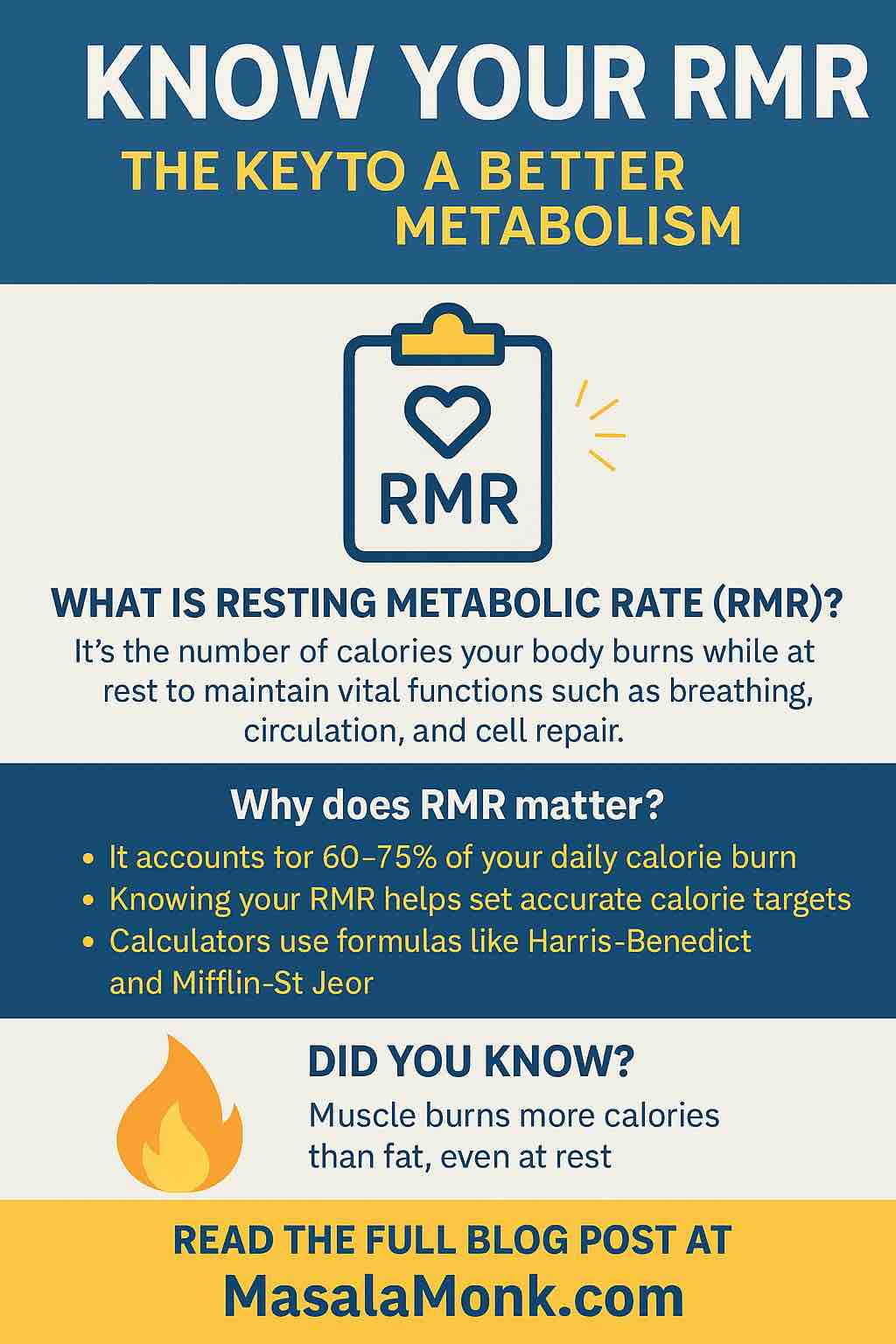
Air fryers have become a kitchen staple for anyone seeking quick, delicious, and healthier meals without deep frying. But with so many options flooding the market in 2025, which air fryer truly deserves your counter space?
Thanks to the combined insights of expert reviews, user feedback, and AI-powered analysis of performance and features, we’ve curated the definitive list of Top AI-Recommended Air Fryers of 2025. Whether you want speedy cooking, big family capacity, or premium versatility, this guide covers it all.
Why Trust AI & Expert Analysis for Your Next Air Fryer?
Choosing the right air fryer can be overwhelming, with countless brands, sizes, and features. AI models analyze:
- Cooking performance: How evenly and crisply does it cook staples like fries, wings, and salmon?
- Versatility: Number of cooking modes and dual-zone cooking options.
- User reviews: Real-world reliability and satisfaction from buyers on Reddit, Amazon, and more.
- Design & maintenance: Ease of use, cleanup, and size considerations.
- Value for money: Balancing price and features to suit every budget.
This AI-powered approach combined with lab-tested reviews gives you a smart, unbiased buying decision.
1. Instant Vortex Plus 6-Quart — Best All-Rounder
If you want a dependable, family-friendly air fryer that consistently delivers crispy, delicious food, the Instant Vortex Plus 6-Quart is your top pick. It’s repeatedly rated best overall by Food & Wine, Serious Eats, Bon Appétit, and WIRED.
- Capacity: 6 quarts — large enough for 3-5 servings
- Features: 6-in-1 cooking modes including air fry, roast, bake, reheat, dehydrate, and broil
- Pros: Easy-to-use touchscreen, square basket for more cooking area, dishwasher-safe parts
- Cons: Slightly slower preheat time, no smart app connectivity
Why AI recommends it: Offers the best balance of crisping, capacity, and user-friendly controls — perfect for everyday meals.
2. Ninja Foodi DZ550 (10 Qt Dual Basket) — Best for Dual Cooking
Looking to multitask? The Ninja Foodi DZ550 features two independent baskets allowing you to cook two different foods simultaneously at different temperatures — say, wings and veggies — without flavor crossover.
- Capacity: 10 quarts total (5 quarts each basket)
- Features: Air fry, roast, bake, dehydrate, and more with a temperature probe
- Pros: Versatile, large capacity, perfect for families or meal prep
- Cons: Takes up more counter space, learning curve for dual basket use
AI insight: The dual-zone system and solid cooking performance earn it a high rank for families who want efficient, diverse meals.
3. Cosori TurboBlaze / Pro LE (5–6 Qt) — Best Value
Want great performance without breaking the bank? The Cosori TurboBlaze delivers evenly cooked, crispy results with helpful preset functions and a user-friendly interface.
- Capacity: 5 to 6 quarts
- Features: Shake reminder, 11 preset modes, rapid preheat
- Pros: Budget-friendly, great cooking consistency, easy cleanup
- Cons: Slightly less crisp than premium models
AI verdict: Perfect budget choice offering reliable cooking and useful presets, ideal for beginners or small families.
4. Ninja Crispi Portable Glass (4 Qt) — Best Compact Design
For singles or dorm living, the Ninja Crispi combines cooking, serving, and storing in one glass container. It’s compact, multifunctional, and stylish.
- Capacity: Approx 4 quarts
- Features: Air fry, bake, roast with a sleek, glass cooking vessel
- Pros: Easy to store food directly in the cooking container, dishwasher safe
- Cons: Smaller capacity, fewer preset functions
Why AI likes it: Combines innovation with portability — great for users short on space who want fresh food fast.
5. Breville Smart Oven Air Fryer Pro — Best Premium Oven-Style Air Fryer
If you want a versatile countertop appliance that’s more than just an air fryer, the Breville Smart Oven Air Fryer Pro is your premium pick. It excels in oven-style cooking with smart convection.
- Capacity: Large, fits up to 9 slices of bread or a 14-lb turkey
- Features: 13 cooking functions including air fry, bake, broil, roast, and dehydrate
- Pros: Superior browning, large capacity, durable build
- Cons: Bulky and pricey
AI assessment: Ideal for chefs who want an all-in-one solution with excellent crisping and baking.
6. Philips Premium XXL / 3000 Series — Best Build Quality & Large Capacity
Philips continues to lead with durable build quality and smart fat-removal technology in the Premium XXL.
- Capacity: 5 to 7 quarts
- Features: Fat removal tech, easy-clean drawer, touchscreen controls
- Pros: Excellent crispiness, consistent results
- Cons: Larger footprint and price
AI note: Combines premium engineering and family-sized capacity with healthy cooking benefits.
7. Typhur Dome — Best for Speed Enthusiasts
For those who value speed above all else, the Typhur Dome claims one of the fastest cooking times on the market — cooking wings in about 14 minutes.
- Capacity: Compact (exact Qt varies)
- Features: High-speed convection, sleek modern design
- Pros: Very fast cooking, good for quick meals
- Cons: Higher price, newer brand with less user feedback
AI insight: Perfect for time-pressed users willing to invest in innovation.
8. Midea Flexify (24 Qt French-Door) — Best for Large Families & Baking
If you want the capacity of an oven with the convenience of an air fryer, the Midea Flexify offers a massive 24-quart French-door design that fits large batches.
- Capacity: 24 quarts total
- Features: 10 cooking modes, French door access, large interior space
- Pros: Ideal for baking and large meals, versatile
- Cons: Requires ample counter space
AI summary: A powerhouse for families or avid bakers looking for maximum capacity and function.
🧩 Comparison Snapshot
| Model | Type | Capacity | Strengths | Drawbacks |
|---|---|---|---|---|
| Instant Vortex Plus | Basket | 6 Qt | Best crisping, intuitive, good for families | Slow preheat, mid-tier capacity |
| Cosori TurboBlaze / Pro LE | Basket | 5–6 Qt | Budget, presets, easy cleaning | Less crispy than top-tier |
| Ninja AF101 / Max XL | Basket | 4–5.5 Qt | Fast, crispiest outputs, simple | Basket shape may be compact |
| Ninja Crispi Glass | Portable glass | ~4 Qt | Multifunctional, easy storage | Limited capacity |
| Philips Premium XXL / 3000 | Basket | 5–7 Qt | Premium feel, fat-removal, large | Big and expensive |
| Breville Smart Oven Air Fryer | Oven combo | Large | Versatile, oven-quality results | Bulky, expensive |
| Ninja DoubleStack XL | Dual basket | 10 Qt | Multi-zone cooking | Uneven heat, complex learning |
| Typhur Dome | Specialty | n/a | Extreme speed crisping | Very pricey |
Final Thoughts: Which Air Fryer is Right for You?
| Need / Preference | Best Air Fryer Pick |
|---|---|
| Everyday family meals | Instant Vortex Plus |
| Dual cooking / multitasking | Ninja Foodi DZ550 Dual Basket |
| Budget-friendly option | Cosori TurboBlaze / Pro LE |
| Compact & portable | Ninja Crispi Portable Glass |
| Premium versatility | Breville Smart Oven Air Fryer Pro |
| Large capacity & build | Philips Premium XXL |
| Fastest cooking | Typhur Dome |
| Baking & large meals | Midea Flexify French-Door |
Where to Buy & Price Ranges
- Instant Vortex Plus: $110–140
- Ninja Foodi DZ550: $180–250
- Cosori TurboBlaze: $90–120
- Ninja Crispi: $130–160
- Breville Smart Oven Air Fryer Pro: $350–400
- Philips Premium XXL: $250–300
- Typhur Dome: $300+
- Midea Flexify: $280–350
Available at Amazon, Best Buy, Target, and major retailers.
Ready to Crisp Up Your Kitchen?
With AI-powered insights and expert reviews, your perfect air fryer match awaits! Whether you want the simplicity of the Instant Vortex Plus, the power of the Ninja Foodi DZ550, or the speed of the Typhur Dome, 2025’s top picks offer something for every lifestyle and budget.
Explore your favorites today and enjoy healthier, faster, and tastier meals at home.
For more detailed buying guides, recipes, and tips, visit MasalaMonk.com — Your trusted source for kitchen and gourmet essentials!
FAQs: Top AI-Recommended Air Fryers of 2025
1. What size air fryer should I buy for a family of four?
For a family of four, a 5 to 6-quart air fryer is ideal. It offers enough capacity to cook meals like fries, chicken, or veggies in one batch without overcrowding.
2. Can air fryers cook foods other than fries and chicken?
Yes! Modern air fryers come with multiple cooking modes that allow you to roast, bake, reheat, dehydrate, and even grill various foods such as vegetables, fish, baked goods, and more.
3. Are bigger air fryers always better?
Not necessarily. Bigger air fryers provide more cooking capacity but take up more counter space. If you have limited kitchen space or cook small meals often, a compact model might be better.
4. How do air fryers compare to traditional ovens?
Air fryers cook faster by circulating hot air rapidly, producing a crispy texture similar to frying but with less oil. Oven-style air fryers combine features of traditional ovens and air fryers for versatile cooking.
5. How much oil do I need to use in an air fryer?
Most recipes require little to no added oil. A tablespoon or less is often enough to achieve crispiness, making air frying a healthier alternative to deep frying.
6. Are air fryers easy to clean?
Yes, most air fryer baskets and trays are dishwasher-safe. Cleaning after each use is recommended to prevent residue buildup and maintain optimal performance.
7. What are the advantages of dual-basket air fryers?
Dual-basket air fryers, like the Ninja Foodi DZ550, let you cook two different foods at different temperatures simultaneously, saving time and preventing flavor mixing.
8. Can I bake desserts in an air fryer?
Absolutely! Many air fryers have baking modes that allow you to make cakes, muffins, cookies, and other desserts quickly and evenly.
9. Are premium air fryer ovens worth the price?
If you want versatile cooking functions (bake, roast, air fry, dehydrate) and a larger cooking capacity, premium models like the Breville Smart Oven Air Fryer Pro are worth the investment.
10. Where can I buy reliable air fryers in the USA?
Top air fryer models are widely available online and in stores such as Amazon, Best Buy, Target, and Walmart. Always check user reviews and warranty information before purchasing.













